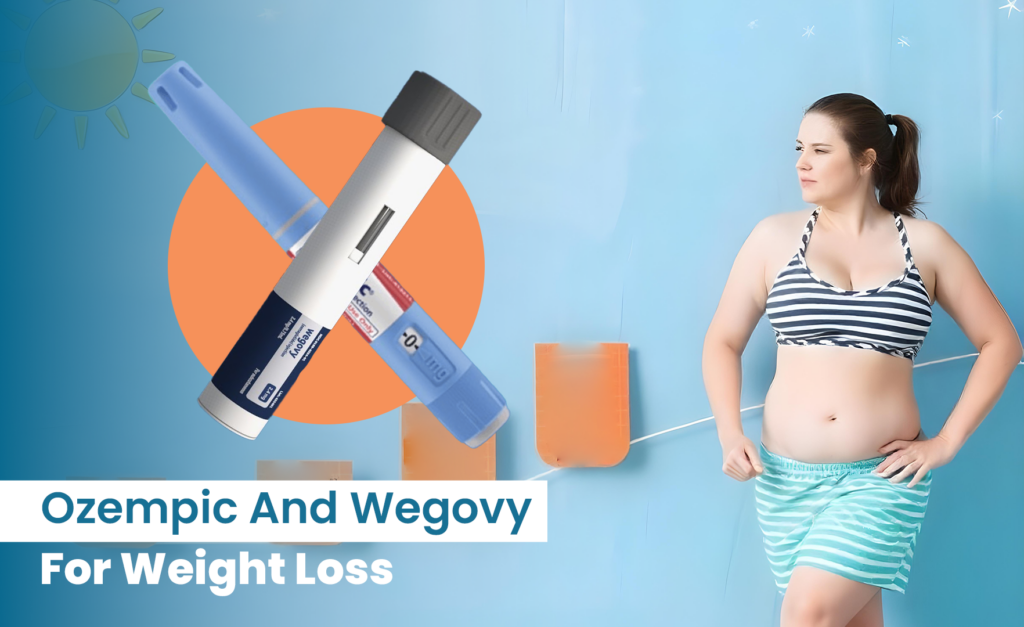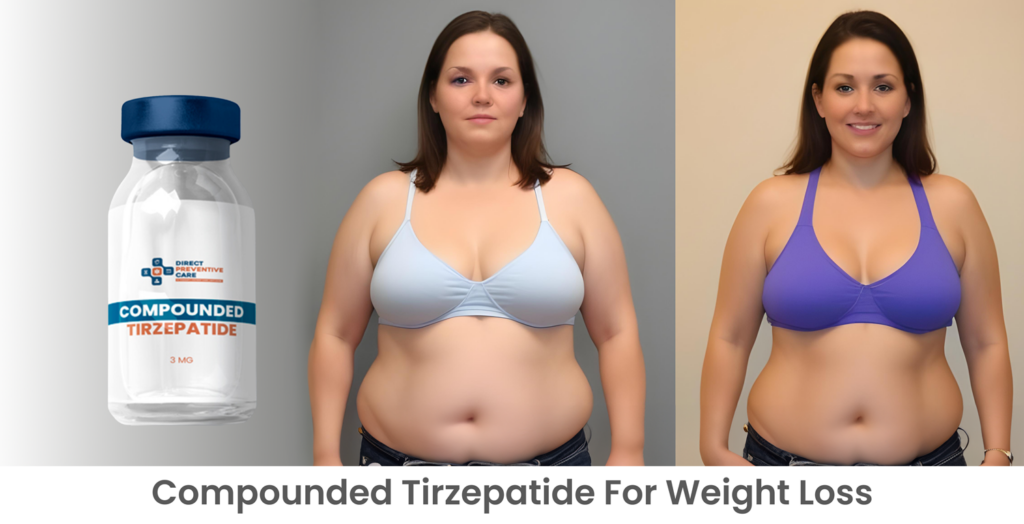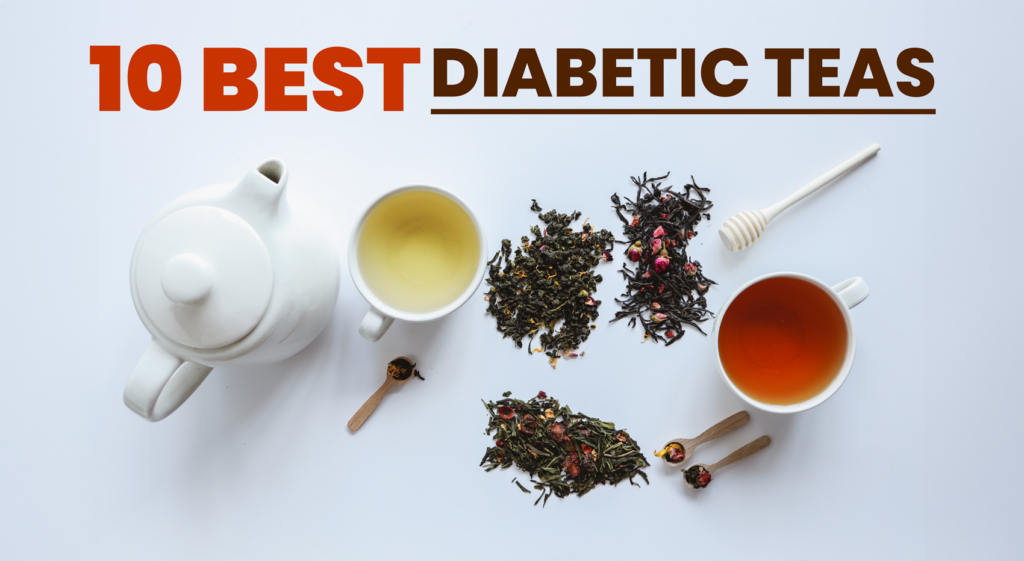Apple Cider Vinegar Weight Loss

Apple cider vinegar (ACV) is a type of vinegar made with crushed, fermented apples, yeast, and sugar. It’s used as an ingredient in foods such as salad dressings, pickles, and marinades. Apple cider vinegar has been used as a health tonic for thousands of years. Can adding apple cider vinegar to your diet also help […]
Weight-loss Coffee Loophole Method

Weight-loss Coffee Loophole Method The weight-loss coffee loophole is a hot, new weight-loss trick. It has gone viral on social media. You must drink black coffee, with some add-ins, within a very specific timeframe. Respond to hunger pangs in seven seconds for the best results. It is claimed that coffee consumption deceives the body’s natural […]
What Is 100-50 Method Weight Loss?

Weight loss struggles bring intense frustration and many are struggling with this challenge of losing weight. Have you heard of the 100-50 method weight loss? Well, it offers a simple, effective plan and many have succeeded with it by shedding a few pounds. But what exactly is it? How does it work? Does it suit […]
Ice Bath Weight Loss

Are you struggling to lose weight? Are you tired and weary of doing every trendy diet and exercise plan with negligible to no success? Have you heard about the benefits of ice bath weight loss? If not, then this blog is for you. In this post, we’ll explore the science of ice baths and their […]
Is It Better To Inject Ozempic In Stomach Or Thigh?

Ozempic is a prescription drug. It helps people with type 2 diabetes control their blood sugar. Studies show it can also help with weight loss. If you are taking Ozempic, you may be wondering, is it better to inject Ozempic in stomach or thigh? You may experience different levels of success with injections in different […]
Ozempic And Wegovy For Weight Loss

If you are overweight or obese, you may have heard of Wegovy and Ozempic. They are popular for treating type 2 diabetes. Both medications are GLP-1s (glucagon-like peptide-1 receptor agonists). The active component in each of them is Semaglutide. The medications Wegovy and Ozempic are identical; they are just marketed differently. Each pen has a […]
Compounded Tirzepatide For Weight Loss

Compounded tirzepatide is the same as the drugs Mounjaro and Zepbound. They both contain the same active ingredient. Mounjaro is for diabetes. Zepbound is for weight loss. It mimics natural hormones in the body (GLP-1 and GIP). They aid in blood sugar regulation and promote fullness. Compounded tirzepatide is a custom drug. It uses the […]
10 Best Diabetic Teas

Diabetes is mainly a management issue, and this often includes some discretion, particularly when taking food and beverages. However, who has ever said that such choices have to be mundane or basic? Tea is one food that those who want to make changes in the tastefulness of their diet without necessarily altering their health status […]
What Does A Blood Sugar Level 104 Mean?

A regular examination of blood sugar levels is part of a diabetes screening. Many people use a ver-the-counter finger-prick test machine to check their blood sugar at home. You can measure blood glucose or blood sugar levels in mg/dL. You can undergo this test at a doctor’s office, laboratory, or at home via glucometer with […]
The Ultimate Liver Health Formula

The liver is one of the vital organs in the body. It is responsible for the storage of the nutrients and formation of bile apart from detoxifying blood. The function of the liver is essential for the healthy condition of the body. Unfortunately, poor nutrition, lifestyle, and alcohol affect liver health and cause health complications. […]
